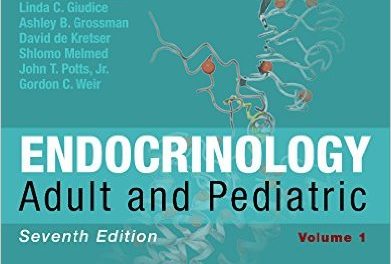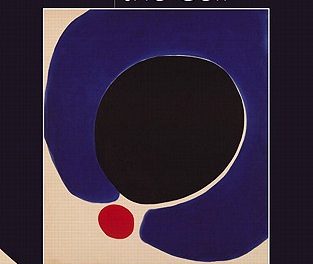Author: Paul Thagard
Publisher: Princeton University Press – 274 pages
Book Review by: Paiso Jamakar
The unusual title of this book relating something physical – the brain – to something philosophical – the meaning of life – immediately got my attention. I asked myself: has someone finally discovered a connection between science and spirituality? Let me take a look. But first, what is the author’s background and what makes him qualified to write on such a new subject of trying to bridge the brain with the mind, a task that has yielded unsatisfactory results so far, for centuries?
Paul Thagard is indeed someone with a unique set of qualifications. He is director of the cognitive science program, a professor of computer science and psychology, as well as a professor of philosophy at the University of Waterloo in Canada. He has a Master of Science degree from the University of Michigan and a PhD from the University of Toronto. He is the author of 12 books including one with an intriguing title: Philosophy of Psychology and Cognitive Science.
He states flatly that minds are brains and reality is what science can discover. He defends the superiority of evidence-based reasoning over religious faith and experiments in philosophical thought. In this book, he reveals how our cognitive and emotional abilities allow us to understand reality, decide effectively, act morally and pursue what he states are the three vital needs of human beings: to love, work and play.
In exploring the question of what is the meaning of life, Thagard starts with what French philosopher and novelist Albert Camus – winner of the 1957 Nobel Prize for literature – asked in his book The Myth of Sisyphus: why don’t you kill yourself?
Camus was ruminating about whether life is, or is not worth living, and if it is not, why keep on living at all? So the answer is to commit suicide, Camus wrote.
Thagard writes that for many, the meaning of life is found in their religious beliefs. When he was a child, he writes that he learned from Baltimore Catechism: “God made me to know Him, to love Him, and to serve Him in this world, and to be happy with Him forever in the next.” So the Catholic answer to the purpose of life is to attain eternal happiness in the hereafter.
Thagard points out that for Camus and others like himself who have abandoned the religious beliefs they were exposed to in childhood, “the theological answer to the meaning of life is implausible.” So does this mean that if you do not hold this religious conviction of meeting God in the afterlife, then life here on Earth is fully devoid of meaning? And the logical end to that agnosticism is to end your life?
Of course not, Thagard asserts. He points to the writings of Martin Seligman, an eminent psychologist who provided answers to the meaning and purpose of life through discoveries he made from his empirical research. Seligman found that the “three great realms of life are love, work and play.”
Paul Thagard says that the meaning life is not tied to a single thing such as devotion to God; rather it is dependent on what is important to a person at a given point in his or her life. He writes that his book is meant to “use experimental and theoretical research in psychology and neuroscience to provide a much richer and deeper understanding of how love, work and play provide good reasons fro living.”
Accordingly in Chapter 7, “Why Life Is Worth Living,” he writes that while he does “not have an irresistible a priori argument that the meaning of life is love, work and play,” his “defense of this claim relies on three kinds of reasoning:
- First, there are serious problems with alternative answers including the nihilistic one that life has no meaning, the theological one that meaning is furnished by God and the monolithic one that the meaning of life is just happiness.
- Second, there is abundant psychological and sociological evidence that love, work and play are in fact sources of valued goals in peoples’ lives.
- Third, there is emerging neurological evidence that indicates how goals and needs related to love, work and play operate as part of human cognition and emotion to motivate human activities.”
Beyond tackling the question of the meaning of life, Paul Thagard also addresses four other issues in this book: What is reality? How do we know it? Why is life worth living? and What is right and wrong?
Thagard states that we achieve meaning in our lives when we satisfy our psychic needs and achieve our psychological goals related to love, work and play. This book represents important pioneering work showing the important relationship between our brains and our minds when we explore the all-important issue of life purpose.
If nihilism or the view that there is no meaning in life, had any basis, we would be seeing mass suicides. What I have gleaned as the central message of this book is that there are physical, scientific and empirical bases for happiness and meaning in life.





